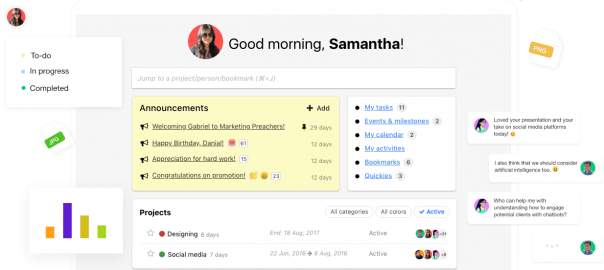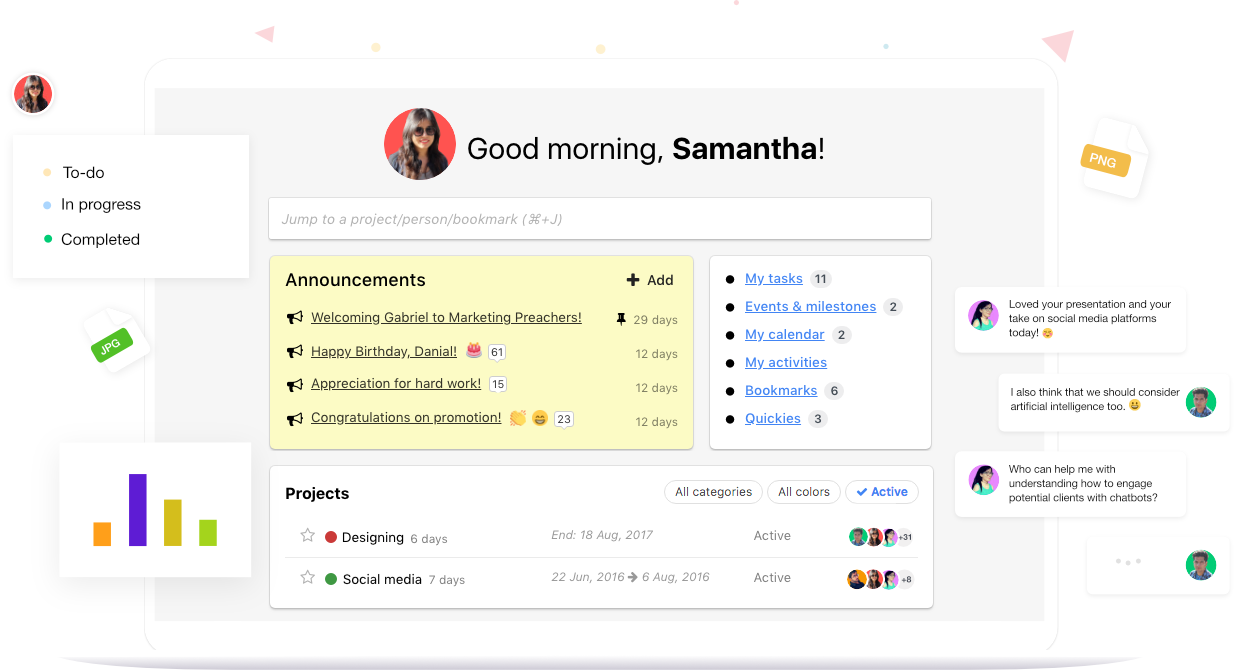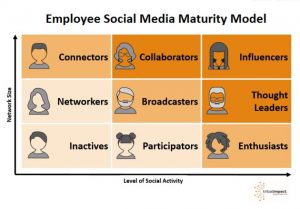Managing multiple projects and teams simultaneously is difficult. You see your designing, marketing, development, support, sales, and which not teams with all kinds of confusion and project deadlines getting out of hand.
Work without business tools is a bit of a porridge.
Using email for team collaboration and sheets for project management can get messy to an extent that is irreparable.
Reviewing and proofing designs and files gets as clumsy as they can with feedback getting lost in the long email threads. And let’s be honest, “who’ll be working on this next,” is not the question you want to hear every now and then.
All of it affects productivity.
Besides email or sheets, there are tools designed to help you with specific activities.
Consider this example:
There are tools that help designers and clients collaborate over designs and make feedback clear. They are called proofing and reviewing tools.
It’s just as this popular AI-powered tool, Grammarly, helps people make their text clear, mistake-free, and impactful, there are tools meant to annotate designs with markup tools. They help you give feedback for specific regions.
There are all kinds of business tools to help you control and improve your business processes.
That simple!
5 TYPES OF TOP BUSINESS TOOLS TO MANAGE WORK
- Chat tools
- Task management tools
- Proofing tools
- Time tracking tools
- All-in-one management tools: Project, task and team management software
You can’t just go around choosing tools for your teams or work without knowing the tools’ benefits and disadvantages. So, let’s understand what each one of these tools does, their pros and cons, and the top business tools in the market.
1. CHAT TOOLS FOR BUSINESS

What are chat tools?
Team chat tools are known to be a simple way to improve communication among team members. They are faster and easier than emails and phone calls. Teams can directly message each other and even have group chats. Asking simple questions, getting fast replies or bouncing off ideas become more convenient than ever. Some of the team chat tools are also known for their file-sharing capabilities and unlimited message history.
Examples of chat tools:
Slack is one of the most popular team chat tools. It claims to replace email inside your company. And it also helps teams keep conversations organized. They call themselves “the smart alternative to email”.
Chanty is another team chat tool, mostly known for being a simpler and easier tool than Slack.
There are other chat tools, such as Fleep, Hipchat, etc.
You should use chat tools when:
Instant messaging chat apps may kill productivity, so they are supposed to work best for small- to medium-sized businesses. Some of these chat apps are also expensive for the limited set of tools they offer, so choose the one that doesn’t burn a hole in your pocket.
2. TASK MANAGEMENT TOOLS
What are task management tools?
Task management tools, as the name suggests, are there to help you with management specific tasks. They enable you to add tasks, name them and categorize them. They also give the ability to set start and due dates. The software of this kind are not really focused on offering planning, time tracking, organizing, and reporting abilities.
Examples of task management tools:
Trello is one popular tool used for task management. It has the capability to let you work more collaboratively and get more done. It has boards, lists and cards, which certainly help you prioritize your tasks.
Todoist is another to-do list tool to help you manage tasks.
You should use task management tools when:
Task management tools work best when your tasks are independent of a project and are mostly to be taken care of at an individual level. For example tasks of a customer care executive or say support. On the other hand, tasks involved in a product development project are more complex, with multiple people and various kinds of tasks involved, in which case a task management would not do justice.
3. PROOFING & REVIEW TOOLS
What are proofing and review tools?
Proofing and review tools help you manage the review and feedback process. When you are tired of searching for not-so-specific feedback on files in the long email threads, that’s when proofing and review tools come to the rescue.
Examples of proofing tools:
Filestage makes content review and proofing for teams easier. You can review videos, images, and documents all in one place.
You should use proofing and review tool when:
Proofing tools work the best for small- to medium-sized businesses, basically when proofing and review are around let’s say one project, and the only tasks to fulfil are around proofing, review and feedback. There are all-in-one tools that we’ll discuss later in this article with capabilities of proofing files and documents in addition to projects, reports, time tracking, etc.
4. TIME TRACKING TOOLS

What are time tracking tools?
Tools that help you track time spent on work and thus be productive are time tracking tools. So, some might let you set an estimated time, some might also let you manually log time entries. And there are also some tools that let you track time using multiple timers, which you can pause and start as you switch between tasks.
Examples of time tracking tools:
Toggl is a time tracking tool that has one-click timers and also tracking timers to remind you when you need to track time in case you forget to. It also has over 100+ integrations.
You should use time tracking tools when:
Time tracking tools work best when you have to differentiate among billable, non-billable and all kinds of hours. However, as mentioned earlier, there are all-in-one tools that offer more features than just time tracking and are also next on this list.
5. ALL-IN-ONE BUSINESS TOOLS: PROJECT, TEAM AND TASK MANAGEMENTs SOFTWARE
What are the all-in-one project, team and task management software?
So, I evidently saved the best for the last. The all-in-one project, team and task management software are the ones that let you do all of the above and a lot more. Mostly known as project management software, these tools offer task management, file management, proofing and review, chat, planning, scheduling, time tracking and even reporting, all under one roof. They replace multiple tools like Slack for chat, Toggl for time tracking, Google Drive for files and maybe Basecamp for projects, with one tool. You don’t only save money as you don’t spend it on multiple tools, you also save your team the time it takes to switch among them.
Examples of project, team and task management software:
ProofHub is a project and team collaboration software that puts every tool that you and your team need at one place.
You should use an all-in-one project management software when:
When you have all kinds of teams: development, design, support, marketing, content, under one roof, it’s better that you put all of them in addition to multiple tools under one roof. These kinds of software save you the headache of having to select among multiple tools and manage all of them.
Conclusion:
There are various kinds of business tools to manage work and teams of all sizes. Investment in an all-in-one tool will definitely bring you results that using multiple tools cannot bring. Choose the one that fits your business the best.
Business & Finance Articles on Business 2 Community
(64)









